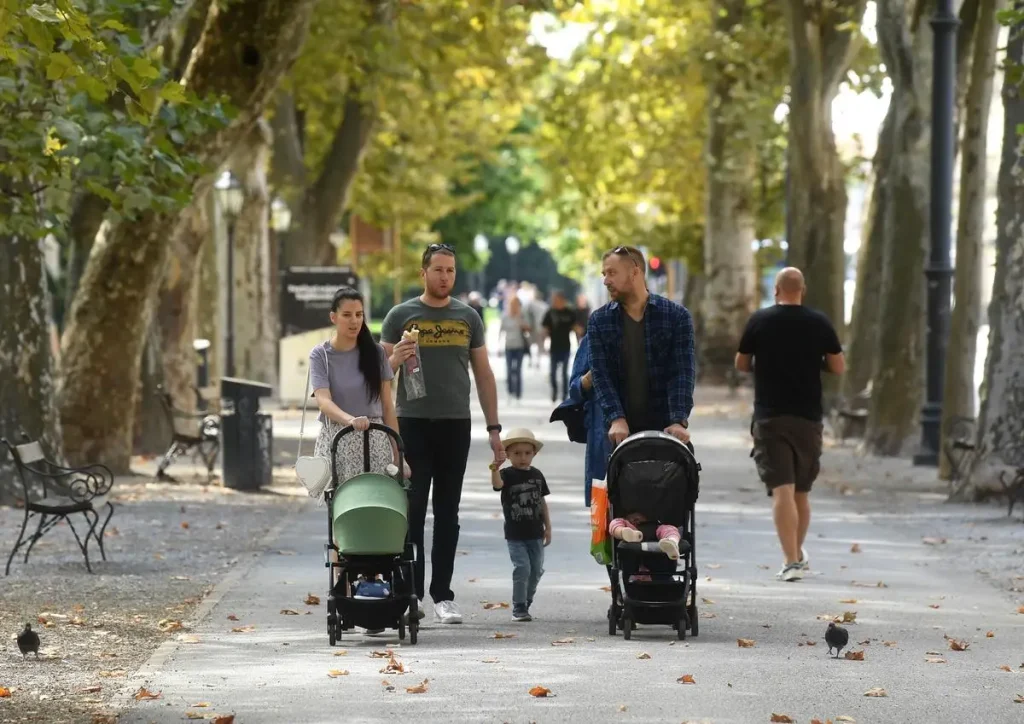European Commissioner Vice President for Democracy and Demography Dubravka Šuica said statistical data for 2020 indicated a continuing decline in the birth rate in the majority of member states.
However, COVID has also opened new opportunities, primarily in the labor market, with increasingly frequent remote work, said Šuica, concluding that digital and green transition had become key to success.
This has opened opportunities for Croatia, not just for its young people but in terms of the country’s attractiveness as a place to live in for other European Union citizens, Šuica added.
If we want to keep young people in Croatia and make it more attractive, we have to invest in regional development, transport connectivity, and hyper-connectivity. The European recovery plan, she said, is a unique opportunity to come out of the pandemic stronger, greener, and more digitized.
Šuica noted that in slightly more than a year, demography has been imposed as the third unavoidable transition for the European Commission.
In Croatia, about 100 people are born a day while 150 die
The prime minister’s special envoy and chief-of-staff, Zvonimir Frka Petešić, said that the conference needs to include all generations and that today’s topic is important for Croatia which, along with another 15 member states, is faced with an aging population.
Croatia’s population has been decreasing since 1991, and about 150 people die each day while about 100 are born, which is why Prime Minister Andrej Plenković stressed last year that the nation’s demographic survival is a strategic issue, said Frka Petešić.
He recalled that after the European election in 2019, Croatia had asked that the EU’s new strategic program include demography as a priority. During its presidency of the EU, Croatia led the process of adopting conclusions on demographic challenges which made it possible for future demographic measures to be financed from European funds.
How much the EU has aged can be seen in data which shows that in 1900 the population of today’s EU countries accounted for 25% of the world population while today it accounts for only 5.5%, said Frka Petešić.
For more news about Croatia, click here.









